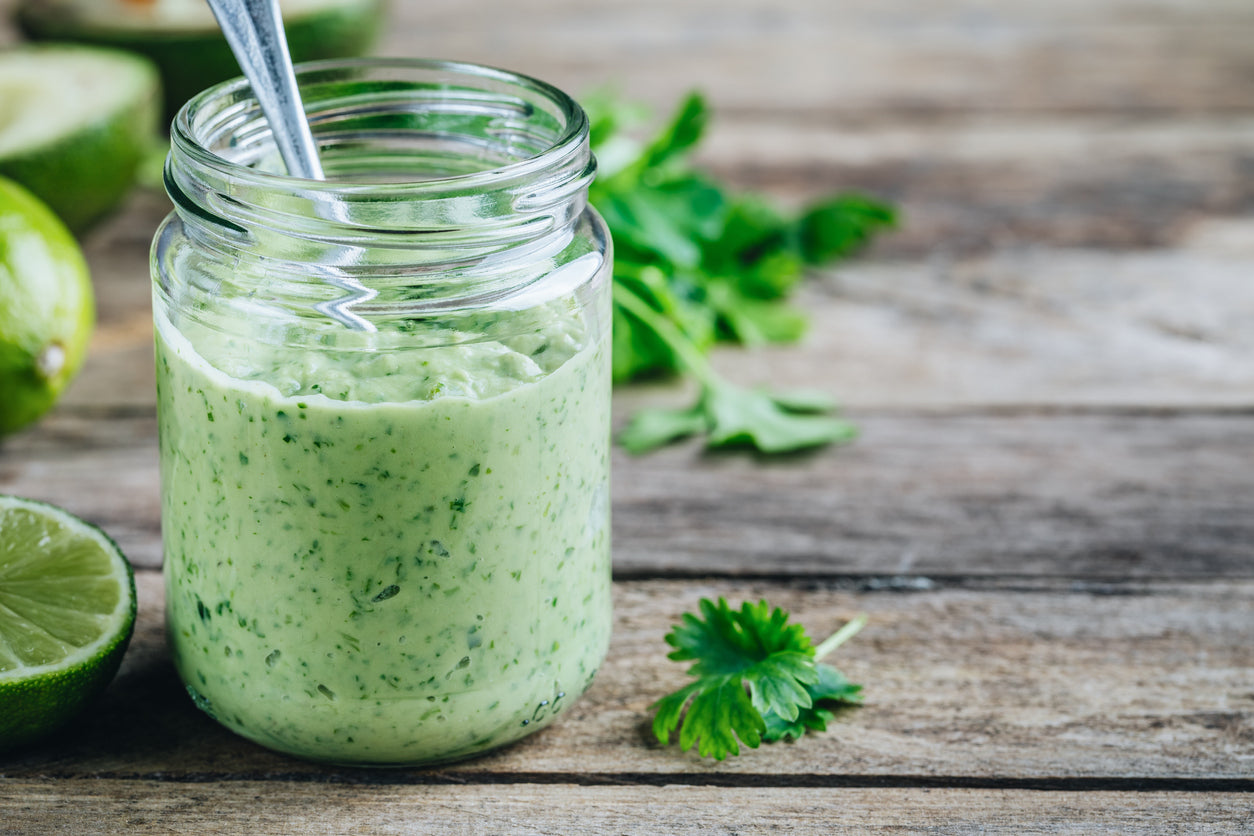Valuable herb helps to REMOVE heavy metals and improve your emotional well-being

If you want to provoke a lively discussion, ask a group of people what they think of the taste of cilantro. Botanically known as Coriandrum sativum, cilantro is used in Mexican, Thai, Middle Eastern and Indian cuisines to add a jolt of flavor and color to recipes. While it closely resembles parsley, cilantro’s distinctive taste is much more intense than that of its milder cousin. Due to a fascinating genetic variation, some people experience cilantro’s taste as a refreshing, citrus-y flavor, while others experience it as quite bitter.
More importantly, cilantro has been utilized in herbal and Ayurvedic medicine to help heal from indigestion, diabetes, inflammation, insomnia and anxiety – with recent scientific research supporting its healthful effects. A 2019 study published in the Federation of American Societies for Experimental Biology journal credits cilantro with a wide range of healing capabilities, including antioxidant, anti-inflammatory, antibacterial, cardioprotective and anticonvulsant properties.
Natural relief: Cilantro can help LOWER tension and improve the quality of your sleep
Unfortunately, medications intended to treat mood disorders and anxiety can feature toxic side effects that include fatigue, memory problems, agitation and addiction. Thankfully, when we look closer at the value of good nutrition, we find that cilantro can be a great help.
Knowledgeable natural healers have long recommended this herb to ease anxiety and promote more restful sleep. While there aren’t a lot of current human studies, laboratory and animal research does support cilantro’s benefits as a mild natural antidepressant and sedative. In fact, one study published in the Indian Journal of Pharmacology found that cilantro extract was just as effective as the prescription medication diazepam in reducing symptoms of anxiety. (Pretty impressive results for a simple little salad green and garnish!)
In addition, by reducing brain inflammation, cilantro may be able to help prevent or slow the development of neurodegenerative conditions such as Alzheimer’s disease and dementia.
Pay close attention to this news if you're contaminated with heavy metals
While feathery-leafed cilantro may look delicate, it has some potent effects against some nasty substances.
There is evidence that cilantro can help detoxify the body from the accumulation of heavy metals such as mercury, aluminum, lead and cadmium. Cilantro appears to bind to these toxins, freeing them from tissues and escorting them from the body. Exposure to heavy metals can occur through diet, industrial pollution and drinking water, with heavy metal overload signified by depression, fatigue, cognitive problems, anemia, digestive issues, autoimmune disorders and rashes.
In a review published in Asian Pacific Journal of Tropical Biomedicine, the authors cited an influential study in which cilantro enhanced the excretion of mercury in patients who had undergone removal of their dental amalgam. And, animal studies have shown cilantro decreases the absorption of lead into the bone.
For maximum detox benefits, some experts advise combining cilantro with chlorella - a beneficial green-blue algae - and consuming the mixture daily.
Fight nausea, heartburn and indigestion with this "delicate" herb
For millennia, cilantro has been a trusted natural remedy for digestive problems such as nausea, indigestion, bloating, acid reflux and stomach cramps. Research has shown that cilantro promotes the release of digestive enzymes, thereby supporting the breakdown of nutrients. In fact, cilantro can be – and often is - added to spicy meals to ward off potential heartburn.
In addition, cilantro is believed to help prevent food poisoning due to its ability to inhibit common food-borne pathogens such as Salmonella and Listeria. In one study, a cilantro constituent known as dodecanal was as effective as the antibiotic gentamicin in fighting pathogens. And, a study published in the International Journal of Food Microbiology evaluated the effects of dill, eucalyptus and cilantro against disease-causing bacteria. Cilantro was found to be the most effective of the three.
Finally, cilantro may be able to help prevent painful stomach ulcers by destroying the H. pylori bacteria, which plays a role in ulcer formation.
It's time to take your food recipes to the next level
It’s easy to incorporate cilantro into recipes. Its bright, lively taste pairs particularly well with citrus fruits and fresh ginger – so why not combine all three into a lime-ginger-cilantro marinade for fish or poultry?
You can also use fresh cilantro to spark up curries, gazpacho, salsa, salad dressings, sandwiches and guacamole. Or, blend it with other veggies for a tangy green smoothie.
And, don’t forget about cilantro seeds, which are also known as coriander. A key ingredient in garam masala (the unique blend of spices used in many Indian dishes), coriander can also enhance pickles, stuffing, sausages and breads.
By the way, both cilantro and coriander make great salt substitutes.
As a "bonus" health tip: If someone in your life really can’t handle the taste of cilantro, you can get some of the same health benefits and flavor by substituting parsley, fennel or dill.
While all people may not agree on the taste of cilantro, it’s hard to argue with its detoxifying, calming and cleansing health benefits. So, give it a try and see how this delicious herb can help you with your health goals.
Sources for this article include:






